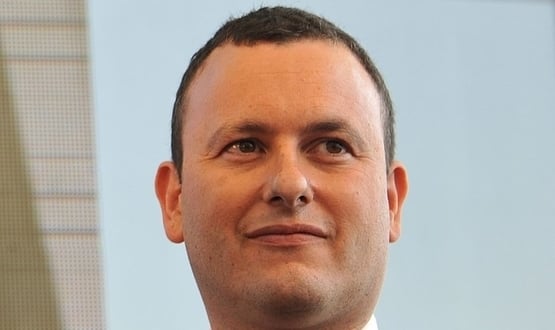Exclusive: First wave of Digital Aspirants announced
- 10 March 2020

Twenty-three trusts have been selected in the first wave of the newly announced Digital Aspirant programme, Digital Health News can exclusively reveal.
The trusts will benefit from £28 million between them in the first year, NHSX confirmed.
The funding will be put towards digital transformation programmes to enable them to provide safe, efficient care.
Further funding will be released over the course of the next three years though there has been no indication of what the selection criteria was.
Matthew Gould, chief executive of NHSX, said: “This programme is designed to help providers and systems use digital technology to transform the services they offer.
“The Digital Aspirant programme will support them by helping them invest in the technology they need to do this.”
[themify_box icon=”info” color=”gray”]
The first wave of Digital Aspirants
- Ashford and St Peter’s Hospitals NHS Foundation Trust
- Bradford Teaching Hospitals NHS Foundation Trust
- Brighton and Sussex University Hospitals NHS Trust
- Buckinghamshire Healthcare NHS Trust
- Calderdale and Huddersfield NHS Foundation Trust
- East London NHS Foundation Trust
- East of England Ambulance Service NHS Trust
- James Paget University Hospitals NHS Foundation Trust
- Mid Essex Hospital Services NHS Trust
- Norfolk and Norwich University Hospitals NHS Foundation Trust
- Norfolk and Suffolk NHS Foundation Trust
- North Staffordshire Combined Healthcare NHS Trust
- Rotherham Doncaster and South Humber NHS Foundation Trust
- Royal Surrey County Hospital NHS Foundation Trust
- Shrewsbury and Telford Hospital NHS Trust
- South Tees Hospitals NHS Foundation Trust
- St Helens and Knowsley Teaching Hospitals NHS Trust
- Surrey and Sussex Healthcare NHS Trust
- The Queen Elizabeth Hospital King’s Lynn NHS Foundation Trust
- The Rotherham NHS Foundation Trust
- University Hospitals of Leicester NHS Trust
- Walsall Healthcare NHS Trust
- Western Sussex Hospitals NHS Foundation Trust
[/themify_box]
Digital Health News understands that in most cases GDEs and fast followers will not be able to qualify for aspirant funds, with one exception being Imperial College Healthcare NHS Trust, which was an joint acute GDE with Chelsea and Westminster.
In most cases the trusts are contributing 50% of money, Digital Health News understands.
Speaking at Digital Health Rewired on 4 March Gould said members of the Digital Aspirant programme will be announced in waves between now and 2024.
Some £3-6m of capital will be provided, with local match funding, over the course of the programme, he added.
Gould stressed he didn’t want NHS trusts to rush to apply if the timing isn’t right.
Markus Bolton, CEO System C, said following the announcement: “This is a great programme which will allow every trust to progress rapidly to full EPR. There is enough money to transform the digital support for acute hospitals.
“Our customers are really excited about it and with more waves to come every Trust will be able to benefit when it is ready.”
The Digital Aspirant programme aims to accelerate procurement, deployment and most importantly, uptake of the technology that is needed to underpin digital transformation.
It will aim to raise the bar across the NHS by making sure organisations have a core set of digital capabilities in place, NHSX said.
The programme will have “no impact” on the future of the Global Digital Exemplar (GDE) programme, it was confirmed.
Instead it is designed to build on the work of GDEs through the use of blueprints and shared learning.
The programme was formerly announced in December 2019 by Health Secretary Matt Hancock.
Iterating his vision for the whole of the NHS to be included in the digital revolution, he said the Global Digital Exemplar (GDE) programme would “keep advancing” but a new Digital Aspirant programme would be put in place to help those that aren’t part of the GDE network.





1 Comments
Has money been removed from Health System Led Investment to fund this?
Comments are closed.